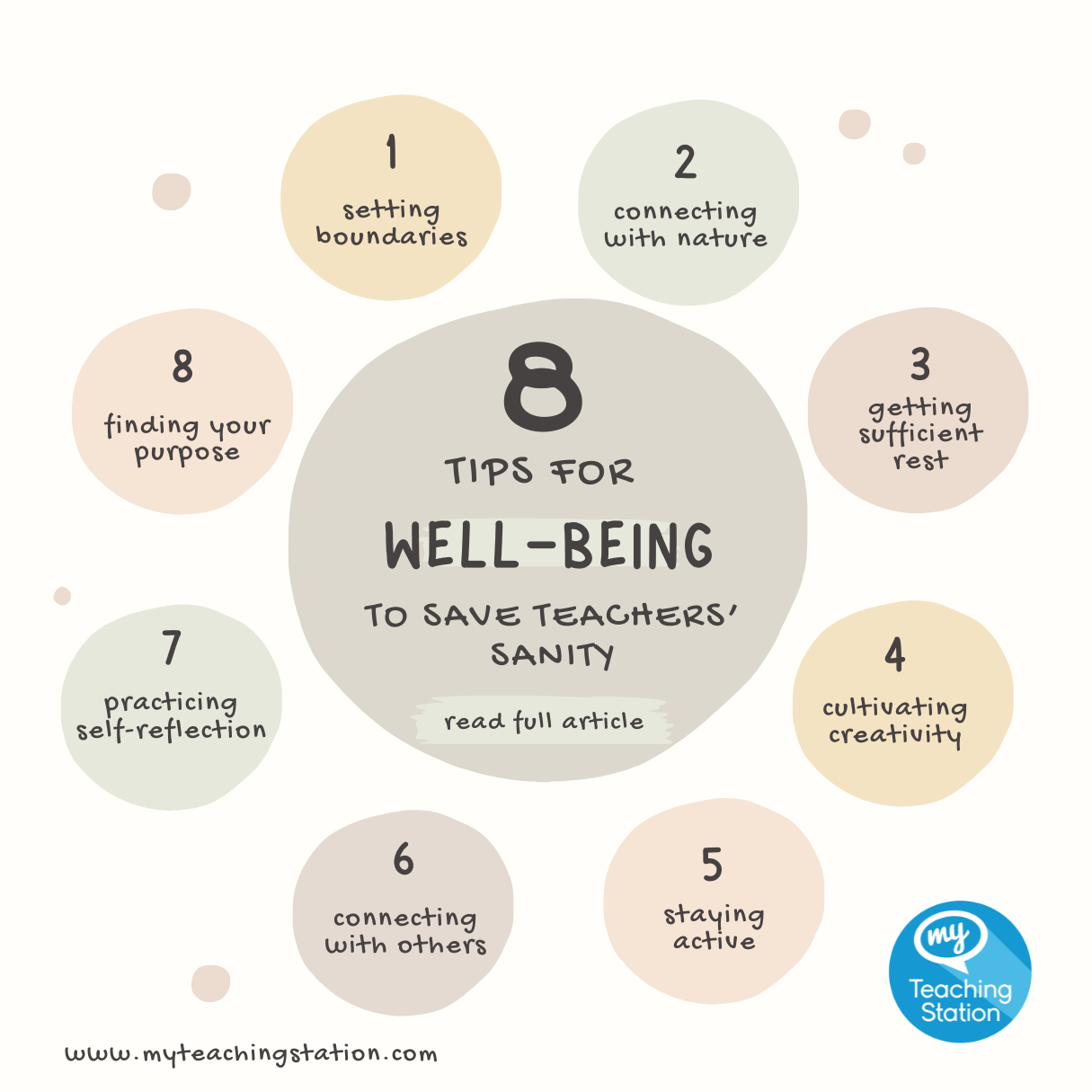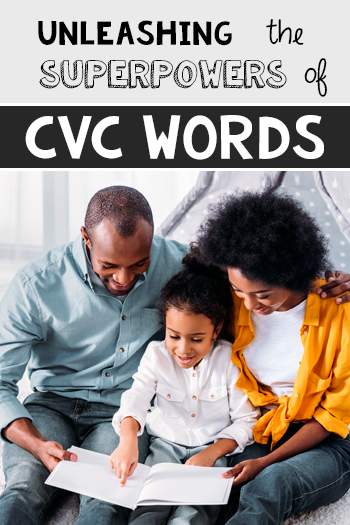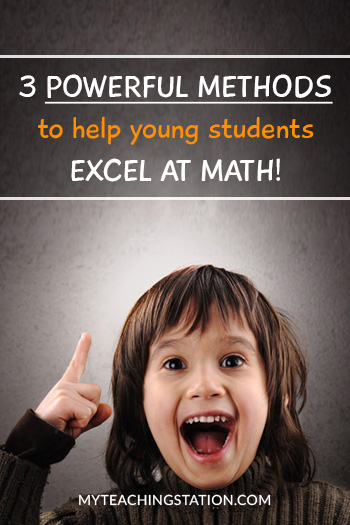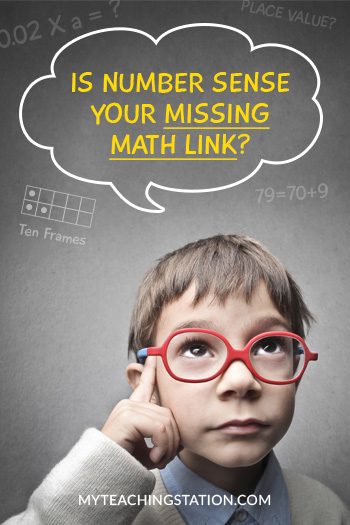Kindergarten Lesson Guidelines4-6 years old – Building the Foundation
Lesson Guidelines for 4-6 Years Old
Personal, Social and Emotional Development
What Is It?
- A child's growing capacity to develop close personal relationships with others, especially parents and caretakers.
- Healthy expression and management of feelings and emotions.
- Exploration and discovery of new environments.
What Children Should Learn During This Year
- To understand the difference between right and wrong.
- Following basic directions.
- Recognize and respect authority figures.
- Verbally communicate needs and feelings.
- Recognize that others have feelings and correctly interpreting other's behavior and emotions.
- Self-confidence.
- How to play independently or in a small group appropriately.
- Engage in social conversation.
- Taking turns and sharing.
- Thinking of appropriate solutions to conflict.
- How to remain focused and on-task.
Lessons and Activities
The child's Personal, Social and Emotional development relies on influential adults such as parents, relatives and/or caretakers to model appropriate behaviors and to provide positive feedback. Below is a list of development activities you can implement to help a child's progress.
- Devotion
An exercise to encourage character growth and development of positive values, attitudes, and perspectives such as caring, sharing, kindness, and honesty. An excellent example of this is reading children's stories with a positive moral value which they can engage in and learn from.
- Building self-control
Creating a daily routine helps promote self-control as well as develop expectations for both the child and the parent. In addition, through incorporating learning opportunities into everyday routines, children enthusiastically apply emerging skills and develop comprehension.
- Following directions
As you instruct your child and they obey, reward them with affirmations and praises. Children respond well to reward and look forward to following directions to hear their next praise.
- Develop empathy
Practice recognizing facial expressions with your child. Ask your child "How are you feeling today?" or "How do you think your brother/sister feels when this happens?".
- Express and communicate their needs
Ask your child to practice sentences that start with "I feel" or "I need." Practice taking turns with your child to demonstrate healthy and effective communication.
- Interacting with others
As a teacher within a traditional classroom, this task may come easily by creating small interactive groups. In contrast, homeschoolers may try these alternatives:
- Schedule "play time" with other parents and their children.
- Get involved in community resources and opportunities such as sports clubs, scouting, dance and theater.
- Get connected with homeschooling support groups. Homeschool.com has a complete list of local homeschooling support groups.
- Sign up for a summer camp.
- Volunteering is a great way to socialize.
- Conflict resolution
Practice acting out a play with your child's toys such as stuffed animals. Create a conflict between the animals and provide the appropriate resolution for your child to observe and learn from this activity.
Language and Literacy
What Is It?
- Development of native language.
- Learning to speak, read, write.
- Build their vocabulary.
What Children Should Learn During This Year
- Know the alphabet letter names, sounds, and order.
- Recognize and name all letters in both upper and lower case.
- Understand that words are made from individual letters.
- Follows text from left to right and top to bottom.
- Understand phonic awareness - that words consist of a sequence of sounds.
- Use sounds and letters to spell.
- Find words in sentences or other mixed letters.
- Able to connect pictures with words.
- Identify words that are similar or different.
- Recognize words that rhyme.
- Build vocabulary base.
- Trace and write all letters of the alphabet.
- Write beginning words such as their first name.
- Ability to repeat a sentence or re-tell a story.
Lessons and Activities
Language and literacy skills are developed through everyday interactions and require explicit instructions.
- Practice the reading and writing with My Teaching Station Learning the Alphabet Level 2 - The Ultimate Phonics.
- Point out and help your child recognize printed words in public places (like a grocery store).
- Point out letters in books, magazines, foods labels and signs.
- Sound out and ask your child to repeat letters you identify.
- Use alphabet magnets on your refrigerator and magnet board to spell words (days of the week).
- Consistently read stories to your child.
- Be “creative” with food, making faces, letters and shapes when possible.
- Ask your child to repeat sentences aloud.
- Play ABC songs and encourage your child to sign along.
For more activities, see Help Children in Kindergarten Develop English Literacy Skills With These Simple Activities
Mathematical Thinking
What Is It?
The ability to calculate, gauge and measure thoughts while utilizing mental analysis to solve problems and apply it to everyday living.
What Children Should Learn During This Year
- Know numbers and count in sequence (count to 100 by ones and tens).
- Write numbers up to 20.
- Ability to count objects and understand the relationship between numbers and quantities.
- Ability to compare numbers and identify greater/less numbers (up to 10 in written numerals).
- Understanding basic addition and subtraction within the range of 10 (i.e.: 1 + 2 = 3).
- Understanding basic operation signs (plus and minus).
- Describe and compare measurable items.
- Ability to classify groups of objects (ie. animals, food).
- Identify four basic shapes: circle, square, triangle, and rectangle.
- Understand positional/directional concepts such as up/down, over/under, top/bottom, inside/outside, in/out, behind/in front of, above/below, high/low, right/left, far/near, off/on, first/last.
- Understand and use comparative words such as big/little, large/small, short/long, tall/short, slow/fast, few/many, empty/full, less/more.
Lessons and Activities
Promote mathematical thinking and basic math concepts through simple hands-on activities. Visit My Teaching Station Math Worksheet to download resources for your activities.
- Practice counting and writing numbers 1-20 with My Teaching Station Numbers 1-20: Count and Write Activity Set.
- Count random objects throughout the day together.
- Have your child touch each object as they count.
- Practice asking you child "How many are here/there?" throughout the day.
- Ask your child to find items that have certain shapes (i.e.: Doors are rectangles).
- Ask your child to sort their toys by color or category (i.e.: stuffed animals, cars).
- Measure your child's height and explain the measurement concept (i.e.: Last month you were, this month you are).
Physical Development
What Is It?
There are two types of physical development, Gross-Motor Skills, and Fine-Motor Skills. Gross-motor skills are the abilities of the body to move large muscle groups. Fine-motor skills are the abilities of the body to move small muscles of the hands.
What Children Should Learn During This Year
- Move with balance and control (Has the ability to run, jump, hop, skip and balance on one foot).
- Established a right or left dominance.
- Can copy movements and move in many different directions.
- Use strength and control to accomplish tasks.
- Develop increased endurance.
- Identify body parts.
- Perform self-care tasks such as brushing teeth, washing face and face, brushing hair.
- Understands and avoids dangerous situations (i.e.: Know not to jump from a high location).
- Understands nutrition and how it affects the body.
- Hold and use scissors correctly.
- Ability to trace lines, shapes and letters.
- Ability to cut out shapes from traced lines with scissors.
- Write their first name with a pen or pencil.
- Ability to control a paint brush.
Lessons and Activities
Kindergarten motor skill development encompasses a wide range of activities:
- Allow your child to participate in a daily household activity that requires coordination (making lunch, cleaning the house, changing batteries, raking leaves, retrieving mail, picking weeds or flowers).
- Create arts and crafts projects utilizing different materials and tools (connect food with toothpicks, build card houses, stack paper cups, make bean mosaics, carve soap or candles using wooden tools, attach clothespins to a paper plate or string).
- Engage in games that incorporate speed and coordination (running to and dropping objects into different baskets, backyard treasure hunts with puzzles and obstacle courses, planting seeds, watering plants and gardening).
- Create a mystery box with miscellaneous small objects to invent new ideas (Bolts, washers, nuts, tape, string, popsicle sticks, wooden dowels, and wooden blocks with holes).
- Draw on the sidewalk with chalks, water hoses, and brushes.
- Use a digital camera to capture images, make prints, and create a personalized photo album.
- Schedule time with a musical instrument of choice.
- Download My Teaching Station Worksheets.
Creative Arts
What Is It?
- Artistic and creative development.
- Create and appreciate art.
What Children Should Learn During This Year
- Sing songs and identify melodies.
- Playing simple instruments.
- Awareness of the body's potential to move and create sound (dancing).
- Express creativity in movement.
- Pretend play: Act out stories they know or to create play scenarios from their life experiences.
- Appreciating the arts.
Lessons and Activities
- Basic Colors
Teach the ten basic colors: white, black, red, green, blue, yellow, orange, brown, purple and pink.
- Art Projects
Lead the children in creating artwork and building projects with paint, coloring paper, glue and any other suitable material. For an excellent example, see Turn Your Recycled Toilet Paper Roll Into an Octopus Art Project.
- Music
Playing music and dancing promotes many health benefits. Encourage your child to move and dance to the beat of a sound.
- Creative Drama
Inspire your child to play and interact with their toys by acting out meaningful stories.
For more activities, see Encourage Your Child's Creativity with These 10 Most Popular Art Projects.
For more helpful tips, visit My Teaching Station Articles section.
For learning worksheets, visit My Teaching Station Worksheets section.
For teaching resources, visit My Teaching Station Teaching Materials section.
Lessons Guideline
Find out what your child should learn.




